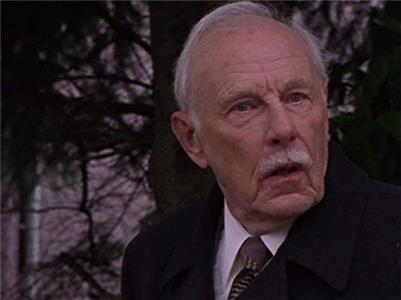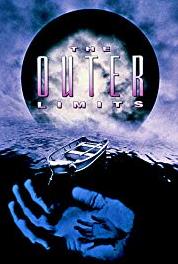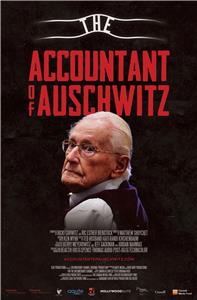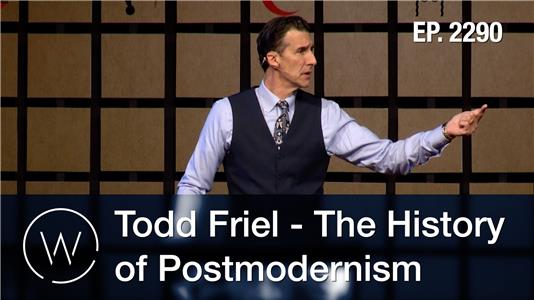The Outer Limits Tribunal (1995–2002) Online

Aaron Zgierski, a lawyer and the son of Holocaust survivors, is investigating the Nazi war criminal who murdered members of his family. He gets help from a mysterious time traveler who is able to procure evidence from Auschwitz in 1944.
| Episode complete credited cast: | |||
| Saul Rubinek | - | Aaron Zgierski | |
| Alex Diakun | - | Nicholas Prentice | |
| Alex Zahara | - | Karl Rademacher | |
| Peter Boretski | - | Leon Zgierski | |
| Jan Rubes | - | Robert Greene / Older Karl Rademacher | |
| Lindsay Crouse | - | Gwen Sawyer | |
| Roman Danylo | - | Young Leon Zgierski | |
| Holly Ferguson | - | Miriam Zgierski | |
| Kyra Azzopardi | - | Hannah Zgierski | |
| Robert Weiss | - | Guard | |
| Apollonia Vanova | - | Female Prisoner | |
| Vincent Walker | - | Prisoner (as Vince Walker) | |
| Sue Astley | - | Grace |
Sam Egan, the writer of this episode, based the story of the episode on his father's experience in Auschwitz during World War II where his first wife and their young daughter were murdered by the Nazis.
Alex Diakun later reprised his role as Nicholas Prentice in The Outer Limits: Gettysburg (2000) and The Outer Limits: Time to Time (2001). He is the only actor to play the same character in three episodes of The Outer Limits (1995).
This episode takes place on March 3, 1944 and in 1999.
Saul Rubinek plays Aaron Zgierski, the son of the Polish Holocaust survivor Leon Zgierski. In reality, Rubinek's parents Israel and Frania were Polish Jews who were hidden by a Catholic woman named Zofia Banya, over the objections of her abusive, anti-Semitic husband Ludwig, on her farm outside Pinczow, Poland from 1943 to 1945.
Miriam Zgierski was murdered by SS-Obersturmführer Karl Rademacher in Auschwitz on March 3, 1944.
Kyra Azzopardi (Hannah Zgierski) is the daughter of the director Mario Azzopardi.
When the elderly Leon Zgierski flashes back to his daughter Hannah being taken away from him on March 3, 1944, it can be seen that one of the Nazi guards is in fact his future son Aaron in disguise. This foreshadows Aaron travelling back in time and taking Hannah back with him to 1999, over the initial objections of Nicholas Prentice. Furthermore, Aaron previously told his ex-wife Gwen Sawyer that his father only survived the Holocaust as a guard ordered that he be taken to a labour camp. It later transpired that this guard was Aaron himself, meaning that he is responsible for his own existence. Similarly, Aaron told Prentice that Leon named him after a man whom he met at Auschwitz. He later travels back in time to 1944 and meets his father as a young man, introducing himself as Aaron but not revealing his true identity. As such, Aaron was named after himself.







User reviews